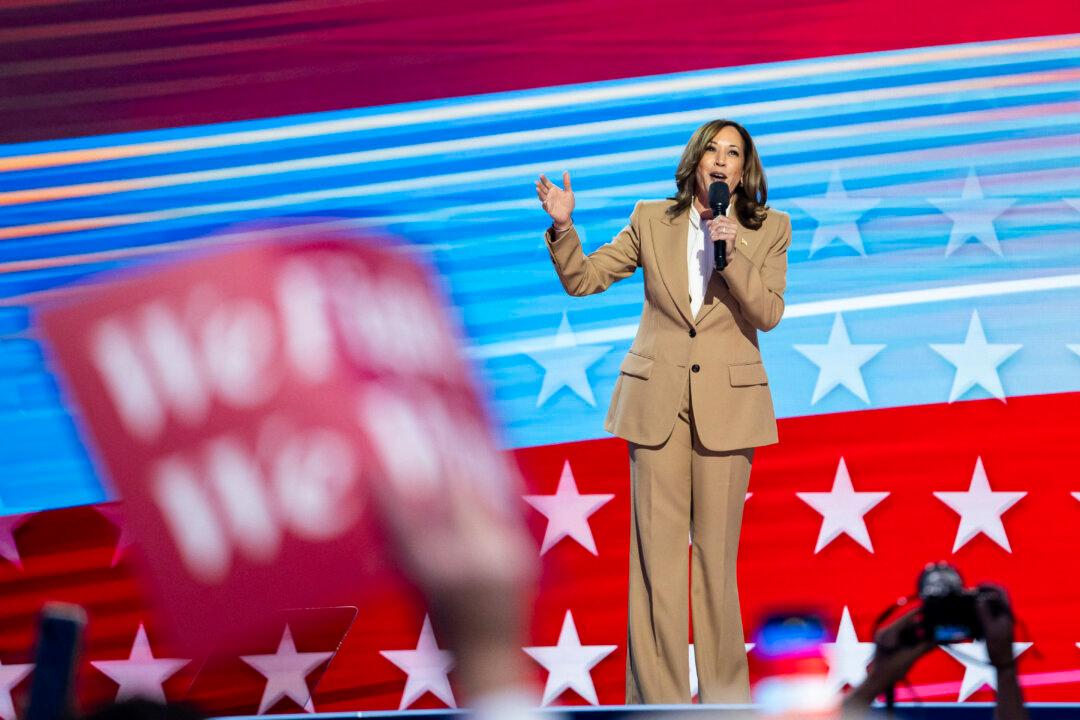CHICAGO—Intraparty conflicts, protests, and the attempted assassination of a former president have ratcheted up political tensions as the nation prepares to select its 47th president.
As angry protesters gathered outside the Democratic National Convention (DNC) in Chicago on Aug. 20, former President Barack Obama called for unity inside.




